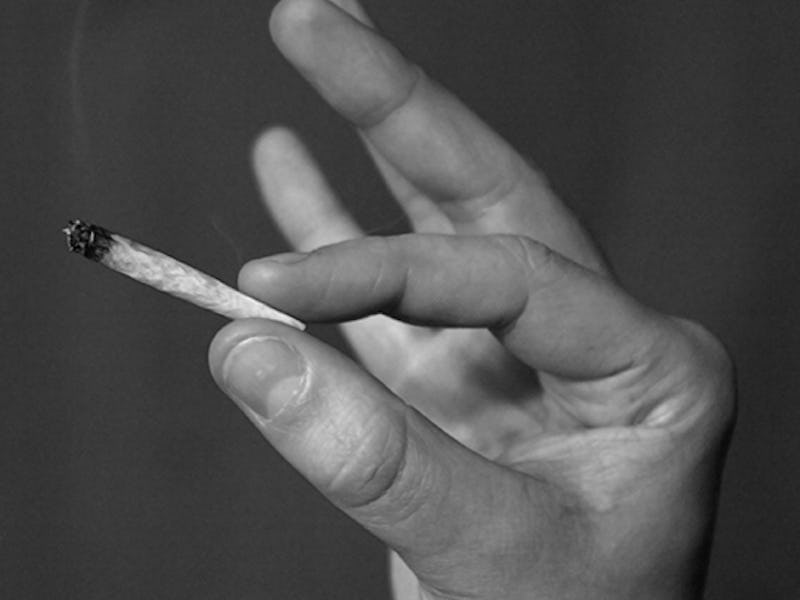Marijuana Addiction Is on the Rise
It highlights the need for caution in implementing looser marijuana laws.

A study published by the JAMA Network found that states where marijuana is less regulated or legal saw a spike in instances of cannabis use disorder.
Seems obvious, right? The more weed you legalize, the more weed abuse is likely to occur — at least that’s what makes logical sense. But that’s simplifying the entire situation, says Dr. Deborah S. Hasin, a co-author of the study who says that the jump in abuse can be rooted to changing culture and a newfound ease of access.
Take California, for instance. Rates of the disorder increased by 2 percent between 2001-2002 and 2012-2013. The rate of increase for the disorder in other states where medical marijuana laws had not passed was just 1 percent. It doesn’t seem like much, but that 50 percent difference is huge and translates to an even more telling story when looking at marijuana use increases: 5.3 percent in California compared to 3.5 percent over the same time period in states without legalization.
“[The] extent of the increase during the later period in California and Colorado” was one of the things that surprised Hasin the most. “They really, kind of, took off during that period.”
And that takeoff means we have a looming public health crisis on our hands, Hasin argues. It’s a problem that extends beyond political considerations: Addiction, be it to alcohol or cannabis, helps no one. And though Dr. Hasin was careful to note that some people can use cannabis and not experience complications, she says that her study serves as proof that planning is needed to help the public cope healthily with what is increasingly becoming an accepted practice.
“The social justice benefits and the business opportunities and the tax revenues are important positives,” she says. “But I think people need to be aware of the fact that there are some unintended, adverse outcomes as well. And educating people about the fact that there are these risks involved with cannabis can help with that.”
One of those risks is people driving under the influence. Despite what some people may believe about pot, says Dr. Hasin, driving high indeed increases the risk of a “vehicle crash.” It’s yet another area in which the current health education infrastructure doesn’t seem fully equipped to handle just yet.
Here’s the real root of the problem: Americans have a skewed perception of the risks surrounding marijuana. A CBS poll released on 4/20 showed, among other things, that 53 percent of Americans believe alcohol is more dangerous than marijuana — but, says Hasin, the opposite could be true: “We don’t really know yet.”